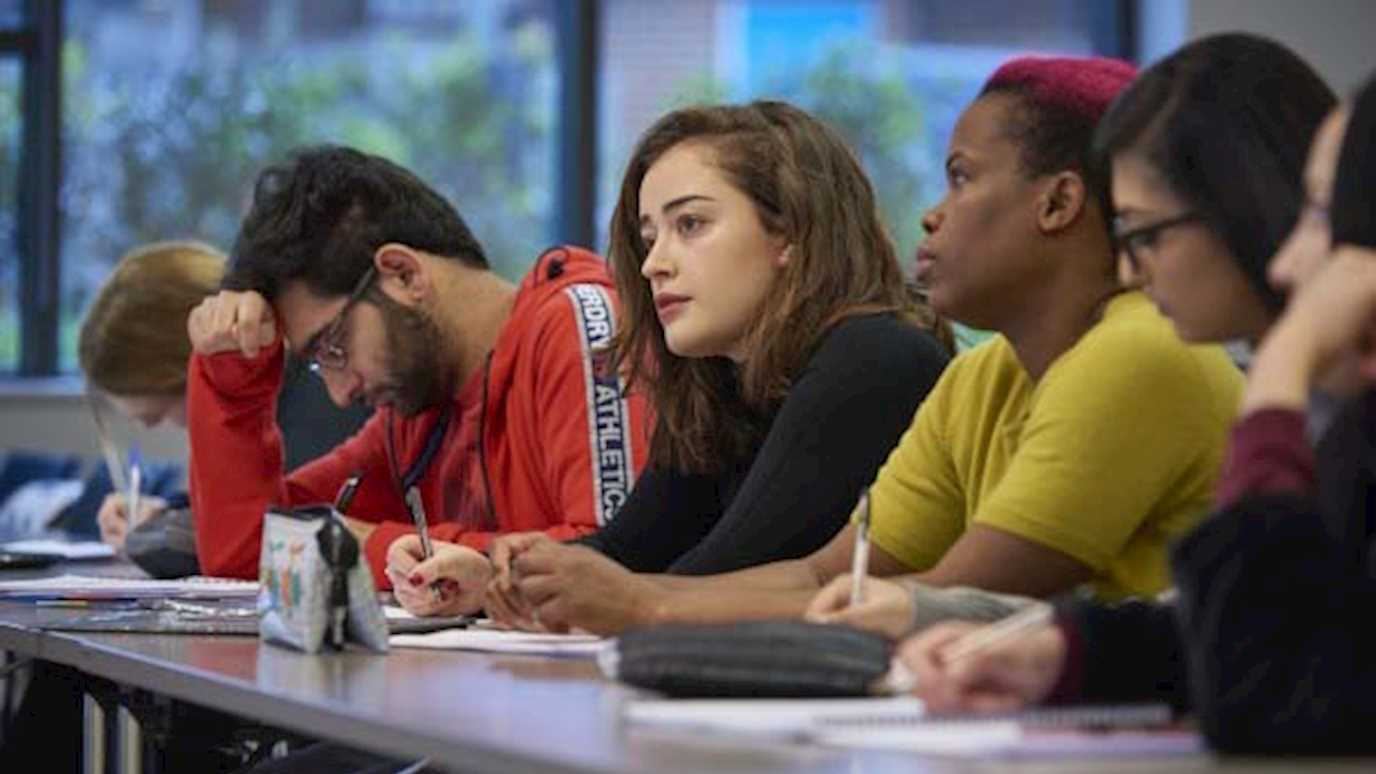Working with prisoners and tackling reoffending is one of the biggest challenges our society faces. Sport and physical activity have a unique and important role to play in responding to this challenge.
Instigating policy change to improve prison outcomes
Leading international research by Professor Meek at Royal Holloway on the impact of sport and physical activity in prisons has led to government policy change and improvements to practice in prisons for the 84,000 adults and children held in English and Welsh prisons, as well as the wider global prison community. It has prompted the UN Office for Drugs on Crime to propose a resolution on the use of sport to reduce youth crime in global contexts, it has empowered prison staff to make better use of physical activity as part of the prison regime and it has inspired sporting groups and national bodies to take their work into prisons.
A sporting chance
The key findings of Professor Meek’s research relate to prisoner health and wellbeing, education and training, violence reduction, the acquisition of transferable skills and the staffing structures and resource allocation that supports partnerships between prisons, community groups and sporting bodies.
In her 2013 book ‘Sport in Prison’, numerous peer-reviewed journal articles and her 2018 review for the government, A Sporting Chance, Meek argues that sport and physical activity, and the relationships they can foster (for example through coaching, mentoring, volunteering and positive friendships and role models) can inspire and motivate adults and children, including those with complex offending histories and challenging and disruptive behaviour, to change their attitudes and lifestyles for the better. Meek uses her research to campaign for better use of sport and physical activity in prisons to improve educational outcomes, promote mental and physical health, and reduce violence, all ultimately supporting desistance from crime.
This work has led to the increased adoption of sports-based interventions and evaluations in prison settings and enhanced prison staffing and governance to support effective sport and physical activity in prisons. This includes better sports and PE resources in prisons, a heightened awareness of the importance of access to physical activity, and a greater commitment to the development of prison-community partnerships that draw on sports initiatives, such as parkrun, the Duke of Edinburgh award and numerous community-led sporting programmes.
Influencing the public debate
Meek’s research has created widespread media interest prompting public conversations taking place across a wide range of national newspapers (The Guardian, The Observer), mainstream health and fitness magazines (Men’s Health, Men’s Fitness, Health Club Management), TV and radio (BBC Breakfast, BBC news channel, BBC Radio 4) and has stimulated debates on BBC Radio 5 Live and LBC radio.
Meek has also engaged with and advises a broad range of voluntary, community and sporting organisations (including UK coaching, England Boxing, Table Tennis England, parkrun, UK Active, the Alliance of Sport in Criminal Justice, the Change Foundation, and the Youth Sport Trust) on the use of sport and physical education in prisons and in reducing crime.





















